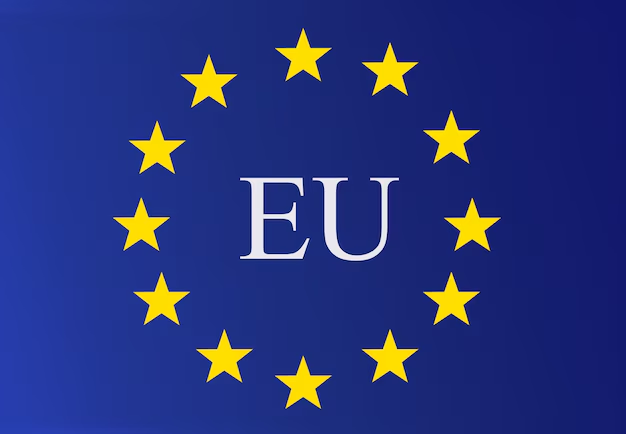The European Union (EU) has announced a €250,000 humanitarian package for people forced from their homes by violent attacks in Benue and Plateau states.
In a statement issued on Thursday, the EU delegation in Nigeria explained that the funds will go toward cash assistance, clean water, sanitation, healthcare, psychosocial services, and essential household materials for affected families.
The support is part of the EU’s contribution to the Disaster Response Emergency Fund (DREF) managed by the International Federation of Red Cross and Red Crescent Societies (IFRC).
According to the EU, the intervention will target 2,500 of the most vulnerable households displaced within the last four months in both states.
“This comprehensive approach aims not only to ease suffering but also to protect the dignity of those most at risk, especially women, children, and people displaced multiple times, now living in overcrowded and underserved settlements,” the commission stated.
Benue and Plateau have witnessed escalating violence since the beginning of the year, leaving more communities destroyed and residents fleeing for safety.
Many of those displaced are subsistence farmers who have been unable to access their farmlands during the vital planting period.
Large numbers now live in congested camps or makeshift shelters, facing severe shortages of food, clean water, medical care, and security. Amnesty International reports that Benue currently hosts over 15,000 internally displaced persons, while Plateau has more than 21,000.
Only last month, the EU provided an additional €500,000 to the International Organisation for Migration (IOM) to deliver essential relief to displaced persons in Benue for six months.
The EU has reaffirmed that it remains committed to sustaining humanitarian assistance for vulnerable communities across Nigeria.




































